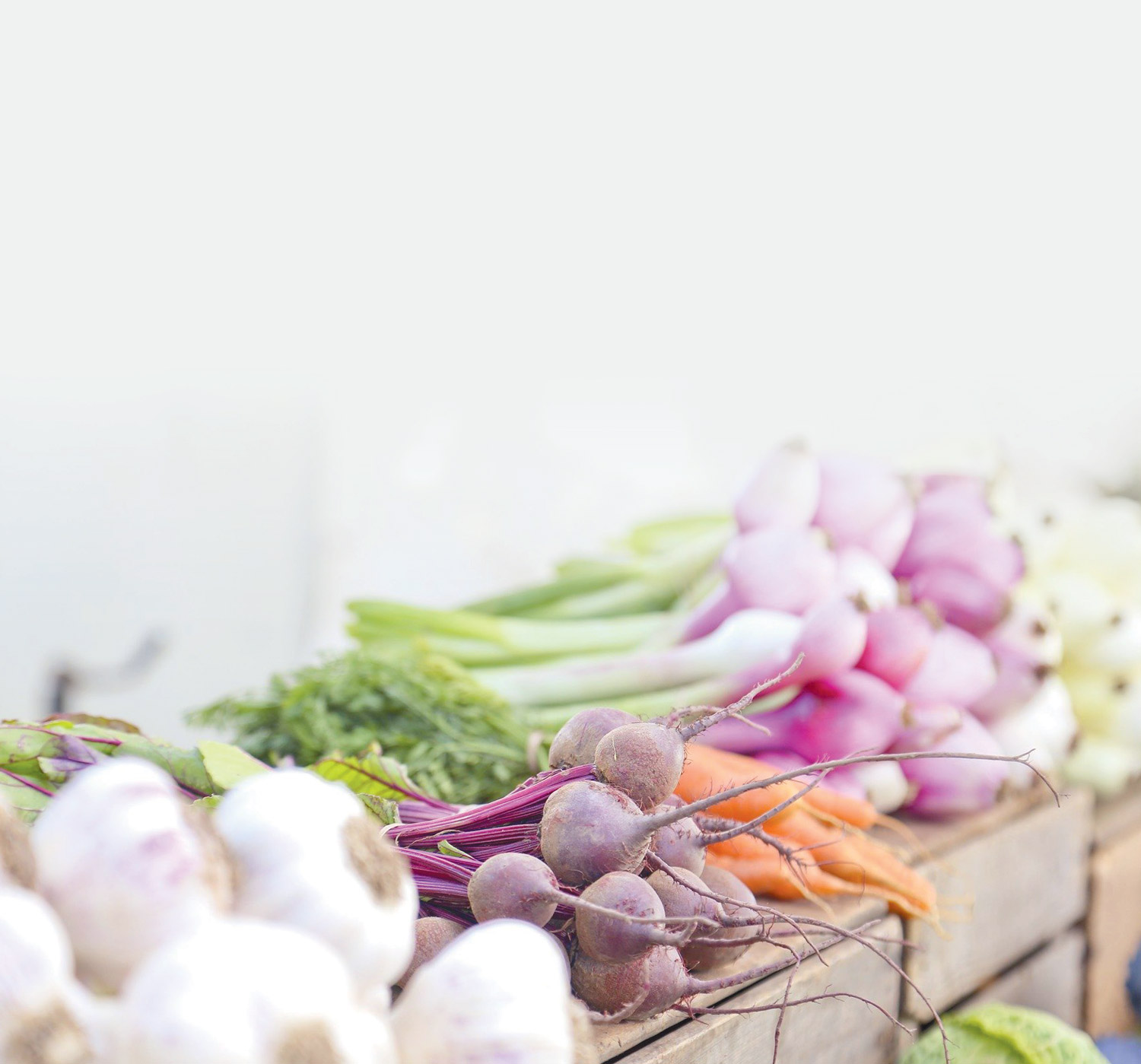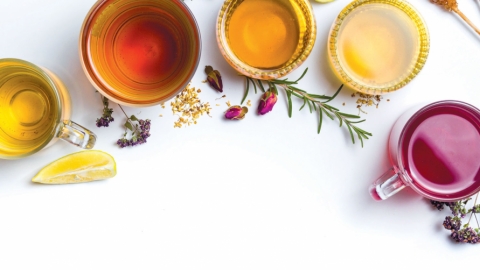Nutrition for Resilience
COVID-19 is with us for the foreseeable future, and fueling our bodies with sufficient energy and nutrient-dense foods helps keep us healthy and prepared to fight off disease.
If you do contract a virus or become sick, nutrition supports your immune system, prevents catabolism (also known as destructive metabolism), makes way for new tissue synthesis, and reduces oxidative stress and inflammation.
The pandemic has brought many questions about healthy eating and nutrition for prevention and recovery. Our team of registered dieticians at Bartlett Regional Hospital in Juneau is dedicated to providing science-based medical nutrition therapy to our patients. We asked the team for some research and evidence-based tips on the healthiest eating.
What did they recommend? Whole foods including whole grains, lean proteins, healthy fats, and fruits and vegetables. This time of year, Alaska is a showcase for local sources of nutrient-dense foods like salmon and fresh berries, apples, potatoes, carrots, and other root vegetables. Along with life sustaining energy, these foods provide micronutrients, vitamins, and minerals vital for our immune health and general well-being.
Vitamin D deficiency is associated with increased risk of viral diseases. Our body can create its own Vitamin D with sun exposure, but in the northern hemisphere Alaskans may not get enough. Alaskans are more likely to get enough salmon, which along with egg yolks, are two of a limited number of good dietary sources of Vitamin D.
Proteins from both animal and plant sources like meat, seafood, nuts, and legumes provide essential amino acids. These amino acids have a variety of functions from building and repairing muscles to fighting viral and bacterial infections.
Fats, with an emphasis on unsaturated fats, are indispensable to your diet. Fats provide energy and temperature regulation, and they protect our organs and produce hormones. Healthy sources of fats include fatty fish like salmon and various plant-based sources like hemp seeds, avocados, and olive oil.
Fruits and vegetables are vital. They provide the majority of fiber intake which helps keep your gut healthy. Fruits and veggies are also rich sources of micronutrients and antioxidants.
Whole grains such as oats, quinoa, and brown rice provide the body with its main energy source, glucose, which fuels our cells and brain. Replacing refined grains with whole grains may improve overall health.
Visit bartletthospital.org for more healthy living tips and to download copies of House Calls, our quarterly publication filled with news and tips to stay healthy all year long.
It’s great to hydrate. Try 2—4 ounces of water or clear liquid every 15 minutes.
Sponsored by Bartlett Regional Hospital






